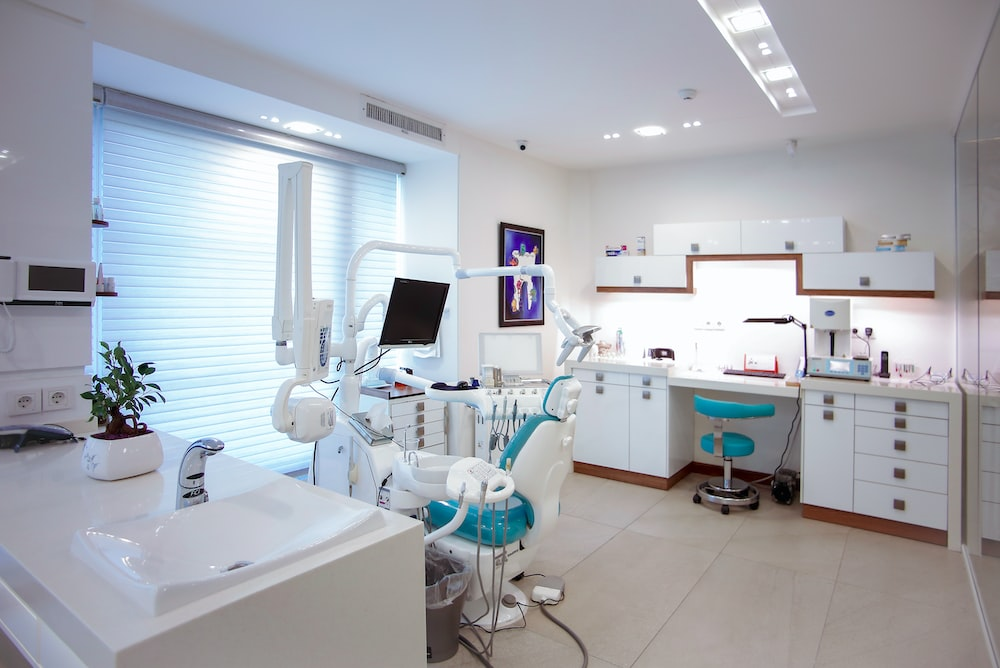Have you been avoiding dental treatments due to the fear of going to the dentist? Do you try home remedies to get rid of toothache and bleeding gums to avoid sitting in the dentist’s chair? You’re suffering from what’s called dental anxiety.
And while you may feel that you’re the only person dealing with dental anxiety, you’re not alone. In fact, according to research,36 percent of Americans suffer from dental anxiety, which makes them avoid opting for dental care.
The result is severe dental problems such as tooth decay, abscesses, and oral cancer in extreme cases.
Fortunately, sedation dentistry for anxiety is a godsend for such individuals who face difficulty in going to the dentist. Now with sedation dentistry, you can opt for the long-delayed root canal, tooth extraction, or dental filling you need.
Want to know more about this latest dental technology? Read this blog below.
What is Sedation Dentistry?
Sedation dentistry is a modern dental technology that allows patients with anxiety to calm their nerves before sitting in the dentist’s chair. A dentist will administer a sedative based on your health and preference, allowing you to go into a conscious sedative state. This means that while you will not be fully asleep and can communicate with your dentist, you will not feel any sensation or discomfort from the dental treatment.
Three Types of Sedation Dentistry for Anxiety
There are three types of sedation dentistry for anxiety available in the US.
Nitrous Oxide
Also known as the laughing gas, nitrous oxide is a widely popular sedation dentistry technique. The dentist will give you a mask to breathe in, and a few minutes later, you’ll be in a euphoric state.
Sedative Pills
Sedative pills are also very common among dental patients with anxiety. A dentist will give you a sedative pill approximately an hour before the procedure to help you calm your nerves. Once the pill’s effects kick in, you’ll be able to remain conscious but in a sleep-like state to avoid the stress of dental treatment.
Sedative IV
In some cases, sedation dentistry for anxiety also offers IV. The dentist administers an IV directly into your bloodstream to help you calm down before a dental procedure.
Is Anesthesia Used in Sedation Dentistry?
In extreme cases of anxiety, dentists also offer general anesthesia to patients undergoing dental treatments such as extractions or root canals. However, a trained anesthesiologist is usually called for procedures that are categorized as surgeries.
Who Should Opt for Sedation Dentistry?
Here are some types of patients who can opt for sedation dentistry.
People with Dental Anxiety
Sedation dentistry for anxiety is primarily for patients with anxiety. If you have a fear of sitting in the dentist’s chair or the loud noise of machinery causes you to jitter, you can opt for this modern dentistry technique.
Strong Gag Reflex
Other than anxiety patients, people who have very strong gag reflexes can also opt for sedation dentistry.
People with a Fear of Needles
Fear of needles, also known as Aichmophobia, can lead people to avoid going to a dentist. You can now deal with your fear by opting for sedation dentistry.
Those with Extreme Teeth Sensitivity
Some people have extreme teeth sensitivity that does not let them sit in one place during dental treatment. Dentists also recommend sedation dentistry in such cases.
Individuals with Special Needs
Individuals with special behavioral, cognitive, or physical needs can also benefit from sedation dentistry.
Benefits of Sedation Dentistry for Anxiety
For people with anxiety, here are the benefits of sedation dentistry.
Comfortable Dental Treatment
Now you can benefit from a comfortable dental treatment even for a longer duration. If you want to get done with a long-delayed tooth extraction or get a dental implant, consider sedation dentistry for anxiety.
Calm and Euphoric State
Sedation dentistry for anxiety does not make you sleep. However, you can be calm and enjoy a euphoric state while undergoing a dental procedure. Some patients are also reported to giggle while sedated.
No Memory of the Treatment
If you fear having flashbacks of the dental treatment or suffer from post-event trauma, you can opt for sedation dentistry for anxiety.
Quick Procedure
Because it’s difficult for people with anxiety to sit in one place, dental procedures can become time-consuming. However, by opting for sedation dentistry for anxiety, you can get done with any procedure optimally and without any disruption.
Single Appointments
Once again, sedation dentistry for anxiety allows people to sit for longer sittings and get done with their treatments in single-day appointments. This is ideal for people who have a hectic schedule, and visiting a dental clinic is difficult for them.
Access to Dental Care
Many Americans don’t visit their dentists regularly or opt for dental care, and some do it because of dental anxiety. This can lead to long-term dental health complications. Sedation dentistry for anxiety has made it possible for everyone to access dental care and care for their oral health.
Some Considerations
Sedation dentistry for anxiety has many benefits. However, here are some considerations to be mindful of:
- Health Conditions: If you have been diagnosed with cardiac illnesses, diabetes, or sensitivity to sedatives, inform your dentist before opting for sedation dentistry for anxiety.
- Prescription Drugs: If you’re using blood thinners or other medications that may counteract sedation dentistry, talk to your dentist.
- Pregnancy: While it’s safe for pregnant women to undergo dental treatments, sedation dentistry is often not recommended.
- Post-Care: It’s not advised to drive immediately after sedative pills and IV. So make sure to learn about post-care and recovery before opting for sedation dentistry for anxiety.
Benefit From Expert Sedation Dentistry in West Hills!
If you’re in Woodland Hills, West Hills, CA, and seek sedation dentistry for anxiety then reach out to us. At West Hills Smiles we offer sedation dentistry, emergency dental services, cosmetic dentistry, and a wide range of general dentistry services.








